TEHRAN (Bazaar) –Nader Entessar, Professor Emeritus of Political Science from university of South Alabama says that the Biden administration's insistence on keeping a whole range of ‘terrorism-related’ sanctions in place has been a major point of contention throughout the recent weeks of negotiations in Vienna.
“It is very difficult to remove the ‘terrorist’ label from a foreign entity and in most cases, the cooperation of Congress is required,” Entessar told Bazaar.
Following is the full text of the Bazaar interview with Professor Entessar:
Bazaar: A senior official involved in the talks says the views are so close that an agreement on reviving the JCPOA could be reached within the next 48 hours. What is your assessment?
Entessar: I hope there is validity to the latest optimistic assessment. But we have heard similar projections in the past and none of them panned out. We just have to wait and allow the process to take its own path and not to be unduly swayed by either positive or negative media reports.
Bazaar: While there is optimism about an imminent agreement, Iran has stated that nothing special has happened in the Vienna talks over the past few days and that everything still depends on a political decision by Washington. The important issue seems to be the removal of the IRGC from the US terrorist list, which has been confirmed by some news outlets. Based on this, is the agreement imminent?
Entessar: Apparently, the Biden administration's insistence on keeping a whole range of "terrorism-related" sanctions in place has been a major point of contention throughout the recent weeks of negotiations in Vienna. Under the existing U.S. laws and regulations on terrorism issues, it is very difficult to remove the "terrorist" label from a foreign entity and in most cases, the cooperation of Congress is required. If no major progress on this issue has been made so far during Vienna negotiations, it is hard to imagine that an agreement is imminent unless some type of compromise is in the pipeline.
Bazaar: The Wall Street Journal reports that the Russian envoy to the Vienna talks Mikhail Ulyanov has told the European Union that Moscow wants guarantees only in the discussion of the JCPOA nuclear projects, and nothing more. Accordingly, Russia has officially withdrawn from its previous position. What is your assessment?
Entessar: In addition to the Wall Street Journal, some other news outlets have reported a similar story. If these reports are true, then Moscow's demanded guarantees are manageable and do not constitute an obstacle to a possible agreement in Vienna.
Bazaar: What will be the reaction of JCPOA's opponents to a possible agreement with Iran, and what possible measures may be taken in Congress to neutralize the lifting of sanctions on Iran?
Entessar: JCPOA's opponents will cry foul and Biden's opponents, especially those in Congress and in the right-wing "think tank industry" will pillory Biden for "appeasement" and all types of nefarious misdeeds. Legally speaking, Congress cannot nullify a possible agreement as the JCPOA has always been a plan of action and not a treaty. However, Congress can "kill" the agreement by passing legislation that would make it very difficult or impossible for the U.S. to implement its obligations. This happened after the original JCPOA was signed in 2015, and will most likely happen if there is a new agreement in Vienna.

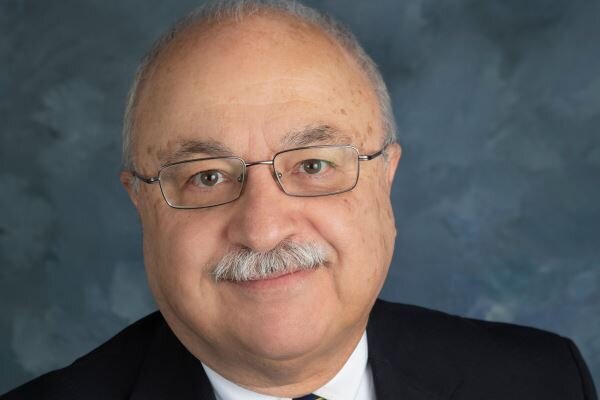



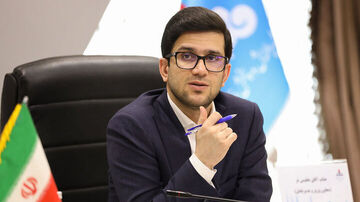


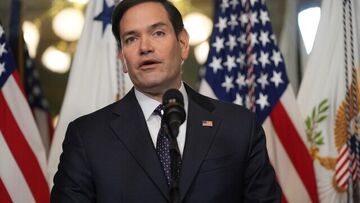



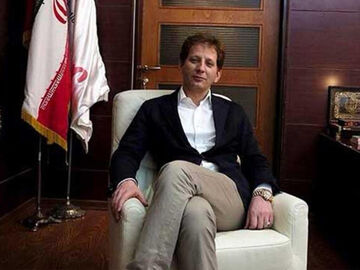
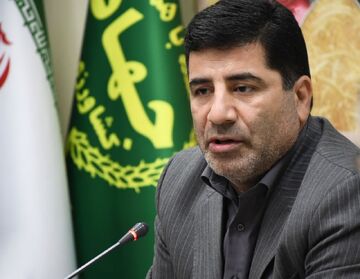
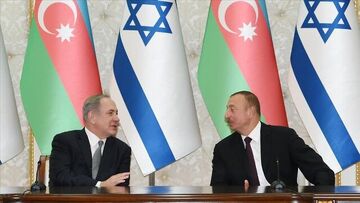
نظر شما